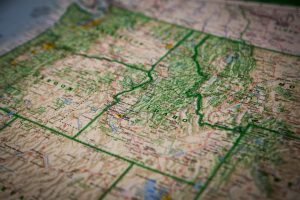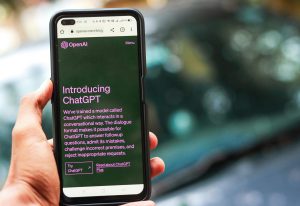Howdy. A real book recommendation to start on ML or LLM for a noob
Beginner-Friendly Resources for Learning Machine Learning and Large Language Models
Embarking on a journey into machine learning (ML) and large language models (LLMs) can be both exciting and daunting, especially for newcomers with limited programming experience. If you’re starting from scratch and looking for structured, self-guided learning materials, you’re in the right place.
Getting Started Without Prior Programming Skills
For those new to coding, particularly in Python—the primary language used in ML—the key is to find resources that offer a gentle introduction to both programming fundamentals and ML concepts. Since you’ve already explored R through O’Reilly materials, transitioning to Python might seem challenging at first, but with the right guidance, it’s entirely achievable.
Recommended Learning Path
- Foundational Python Programming
- Codecademy’s Python Course: An interactive platform that teaches Python basics through hands-on exercises. Ideal for complete beginners.
-
Automate the Boring Stuff with Python by Al Sweigart: A highly recommended book that teaches Python through practical projects, making programming accessible and enjoyable.
-
Introduction to Machine Learning Concepts
- Coursera’s “Machine Learning” by Andrew Ng: Although it uses MATLAB/Octave, the fundamental concepts are applicable universally and provide a solid theoretical foundation.
-
Google’s “Machine Learning Crash Course”: Offers beginner-friendly lessons with hands-on exercises in TensorFlow, suitable for those new to coding.
-
Exploring Large Language Models (LLMs)
- OpenAI’s Guides and Tutorials: They provide accessible explanations about how LLMs like GPT work, along with simple tutorials.
- Hugging Face’s Resources: User-friendly tools and tutorials for experimenting with pre-trained models without extensive coding experience.
Making It Practical
Once comfortable with Python basics and ML fundamentals, you can start exploring datasets and experimenting with models. Platforms like Kaggle offer datasets and beginner-friendly projects that can help you apply your knowledge in real-world scenarios.
Final Thoughts
Your goal isn’t necessarily to become an AI professional overnight but to familiarize yourself with the concepts and tools. With patience and consistent practice, you’ll be able to explore datasets and model behaviors, gaining insights along the way.
Starting from scratch might seem challenging, but with the right resources, you’ll find yourself progressively confident in navigating the world of machine learning and language models. Happy learning!














Post Comment